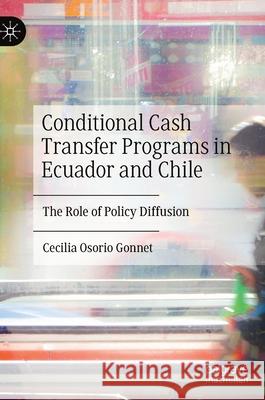Conditional Cash Transfer Programs in Ecuador and Chile: The Role of Policy Diffusion » książka
topmenu
Conditional Cash Transfer Programs in Ecuador and Chile: The Role of Policy Diffusion
ISBN-13: 9783030510077 / Angielski / Twarda / 2020 / 255 str.
Conditional Cash Transfer Programs in Ecuador and Chile: The Role of Policy Diffusion
ISBN-13: 9783030510077 / Angielski / Twarda / 2020 / 255 str.
cena 402,53
(netto: 383,36 VAT: 5%)
Najniższa cena z 30 dni: 385,52
(netto: 383,36 VAT: 5%)
Najniższa cena z 30 dni: 385,52
Termin realizacji zamówienia:
ok. 16-18 dni roboczych.
ok. 16-18 dni roboczych.
Darmowa dostawa!
Kategorie BISAC:
Wydawca:
Palgrave MacMillan
Język:
Angielski
ISBN-13:
9783030510077
Rok wydania:
2020
Wydanie:
2020
Ilość stron:
255
Waga:
0.51 kg
Wymiary:
21.01 x 14.81 x 1.91
Oprawa:
Twarda
Wolumenów:
01
Dodatkowe informacje:
Wydanie ilustrowane











